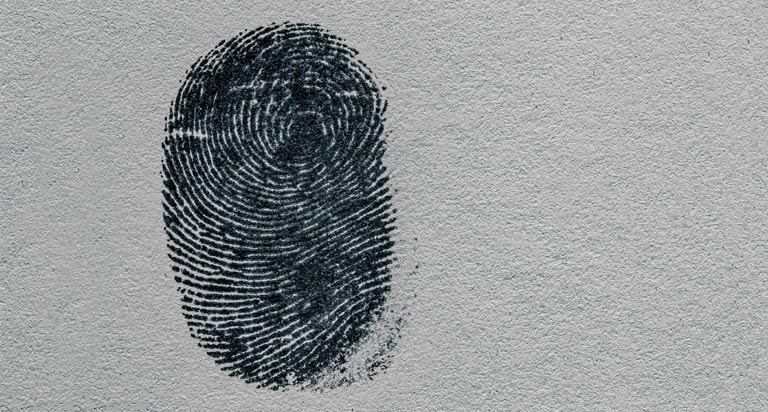6 Ways to Better Protect Yourself When Using Third-Party Money Management Apps


Highlights:
- Digital money management may be more convenient than traditional methods, but it also requires additional security considerations.
- Carefully review the terms and conditions page and look up online reviews for any money management software you choose to use.
- Get into the habit of regularly checking all of your accounts to ensure there is no suspicious activity.
- Treat online account security as a continuous and necessary step in your financial journey.
The internet is full of tools that can help you manage your finances, from budgeting apps to tax software and online banking. Digital money management may be more convenient than dealing with physical bills, but having to plug in your bank account information, Social Security Number and other personal data can make some users think twice.
Here are six common ways to help better protect yourself when using third-party money management resources:
Research the tools you use.
Though reading the fine print for every app you use may seem tedious, it's a good idea to do a bit of research before you enter your bank account information to any website or app. Review the terms and conditions page and look up online reviews of the providers from reliable sources.
Create unique passwords.
This one may seem obvious but it's important: create unique, secure passwords for all your various accounts. You may want to try using “passphrases,” or multiple words strung together, and be sure to include numbers, symbols and both lowercase and uppercase letters for additional security. Be sure to change your passwords frequently and, if available, enable additional security measures such as two-factor authentication, fingerprinting and facial ID.
Monitor your accounts.
Get into the habit of regularly checking all of your accounts — credit cards, checking, savings and anywhere else you keep your money or make financial transactions — to ensure there is no suspicious activity. You can create a myEquifax™ account at myequifax.com to get six free Equifax credit reports each year. You can also get free weekly Equifax credit reports from the three nationwide consumer reporting agencies (Equifax, Experian and TransUnion) through April 2022 at www.annualcreditreport.com. Review each credit report and look for false or fraudulent activity, as that could be a sign of identity theft. If you discover that you may be a victim of ID theft, file a complaint with the Federal Trade Commission by going to identitytheft.gov, where you'll receive a personal recovery plan to help you move forward.
Keep private information private.
Though it can admittedly be difficult to keep track of multiple login credentials, resist the urge to keep your passwords written down somewhere obvious, such as a piece of paper on or near your computer. If you need to have your password or other account information written somewhere, make sure to store it in a secure spot that no one else can access. There are also numerous digital password managers available online that provide a much higher level of security. If you bank online, you may also want to sign up for electronic statements rather than physical paper ones to reduce the risk of mail fraud.
Back up your data.
In case of a data breach or hack, you'll want to have all of your digital information available to review. As a precautionary step, regularly back up all of your data on your phone, computer and other devices to an external hard drive, thumb drive or the cloud so you can access your documents and other information, even if the original files become compromised.
Secure your WiFi.
If you typically use the internet at home to access your third-party money management accounts, make sure your WiFi network is secured with a complex, unique password, and try not to share that information with anyone other than your family or close friends. Further, avoid using third-party money management tools, like budgeting apps, on public WiFi networks, as they tend to be less secure and could put you at risk for hacking.
When using any kind of third-party tool, be sure to treat account security as a continuous and necessary step in your financial journey. At the end of the day, the convenience of managing your money online won't mean much if those accounts are leaving your information at risk.

Sign up for a credit monitoring & ID theft protection product today!
For $19.95 per month, you can know where you stand with access to your 3-bureau credit report. Sign up for Equifax CompleteTM Premier today!



